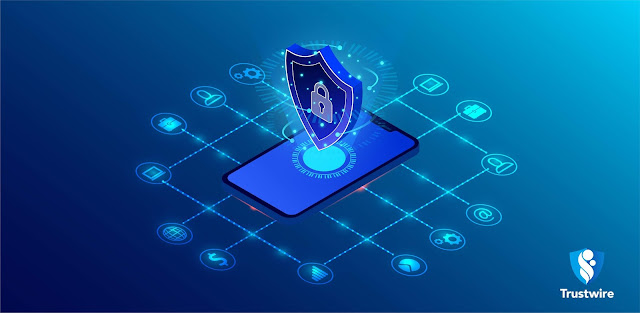Technology has changed our lives. It’s made our lives more convenient. We can shop for pretty much anything under the sun, order food, talk to loved ones, and even be treated by a doctor, all over the internet. While tech advances have incredible advantages, like everything else, it also comes with a slew of disadvantages. Website hackers are waiting to gain access to your personal information. Malicious online behavior is nothing new, and the hackers are only getting smarter. That’s why data security is so important.
Here are 7 ways that you can protect yourself and your identity.
1. Be cautious of phishing
Phishing is one of the most common ways hackers try to get a hold of your personal information. Usually, the hackers will attach a link containing malware or other viruses in an email. Once you click the link, they have access to all of your info. Always be wary of opening email attachments, even if you think you know it’s from a reputable sender.
2. Remember that incognito mode doesn’t mean you’re invisible
The privacy feature, available on Chrome, Safari, and Firefox may sound secure, but pay attention to the clear warnings. On Chrome, for example, it says, “Going incognito doesn’t hide your browsing from your employer, your internet service provider, or the websites you visit.” So, it doesn’t help when it comes to data security, but it will prevent anyone using your computer from seeing which sites you visited.
3. Practice safe texting
Signal is an excellent tool for people who want to protect their texts. It’s free, easy to use, and available for iPhone and Android. WhatsApp is another popular chat tool, which uses Signal’s software to encrypt its messaging.
4. Use Strong Passwords
Did you know that 83% of Americans still use weak passwords? According to Avast Press, it’s a good idea to change your passwords often and pick something more clever than your dog’s name or your birthday.
5. Use a VPN
A Virtual Private Network (VPN) lets you surf the internet without anyone tracking your IP address. The good ones aren’t free, but worth the investment in your privacy and data security. You can also use them across all of your devices, like your smartphones, tablets, and
computers.
computers.
6. Use an encrypted file-sharing software
For anyone who deals with sensitive information on the internet, surely privacy is a top concern. Business owners, doctors, journalists, and lawyers are continually sending files containing their own or their client’s info. Trustwire is one of the easiest and safest ways to send and receive files online. The software uses end-to-end encryption so you can ensure hackers won’t be able to crack the codes to your data.
7. Keep your data backed up
Online backup services like CrashPlan, back up your data and encrypt it at the same time. The backups help protect your photos and documents during a technical malfunction and from ransomware and other malicious attacks.













